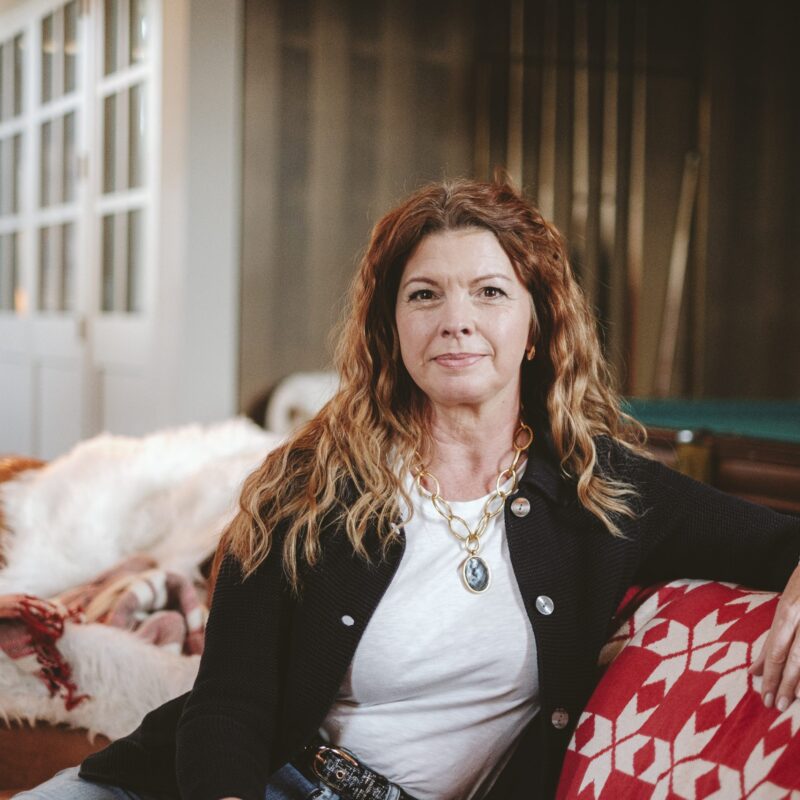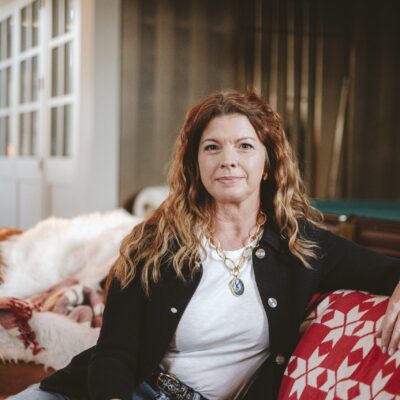Once upon a time, being in a band meant one of two things. Like the Beatles in Hamburg, a band could strive to deliver its best live performance. Or like Revolver-era Beatles, the recording studio itself could be the instrument. But in offering a performer the chance to record, repeat and manipulate phrases, the live loop shattered that distinction. Conjure your favorite atmospheric with the click of a pedal and, voila, Phil Spector’s at the soundboard.
|
Wes Swing, 28, taught high school Latin for two years before devoting his time to music. A love of the classics comes through in his imagist lyrics and formally literate arrangements. |
No local act does so much with the loop as Wes Swing does in live performance with his cello, summoning a symphony from the metal box at his feet. Swing releases his debut disc, Through a Fogged Glass at the Jefferson Theater on January 7. (He shares the stage with Devon Sproule, who’s also got a new disc called Live in London, and whose voice figures prominently on Swing’s record.)
“For years,” says Swing, “I was writing modern classical music and string quartets. I realized, doing what I do now, I really enjoy being able to perform my own music. Not having to write music down is nice, and having made that decision, I thought I’d try to make music my life.” He quit his job as a Latin teacher and started recording. The process took two years, which Swing spent living in a Nelson County cabin, and later, when he started splitting time between Charlottesville and Athens, Georgia.
The album opens with “Instrumental 1,” an understated introduction that layers a descending pizzicato cello, a gorgeous set of bells and quiet handclaps, melding the simple and the sinister as Carl Orff did in his children’s music. The loops channel Steve Reich’s techniques, and gravity of arrangement channels Philip Glass. But the compositions themselves mostly channel the highbrow pop of Radiohead and Coldplay, and that’s what makes Swing appealing: It’s pop music that makes you feel like you’re listening to something more sophisticated than pop music.
Swing’s loops similarly create a jagged edge between a song’s verse and chorus, as it does on his “Lullaby.” The song begins as a piddly number, with plucked strings and Swing imploring the listener “say goodnight.” When the chorus hits, the melody smears with long, weepy drags of Swing’s cello bow, while he and Sproule harmonize, “I can’t sleep tonight,” marrying the musical vibe with the lyrical sentiment.
One of the album’s best tracks, “In a Station of the Metro,” takes that imagist poem from Ezra Pound, looping the first line, and then the second: “The apparition of these faces in the crowd,” and then, “Petals on a wet, black bough.” Below, the music pulsates and subtly morphs along with Swing’s vocal delivery, diving when he starts singing the second line. Like any good poem, it’s the marriage of form and content that elevates Swing’s work.
/wes-swing-3.jpg)





